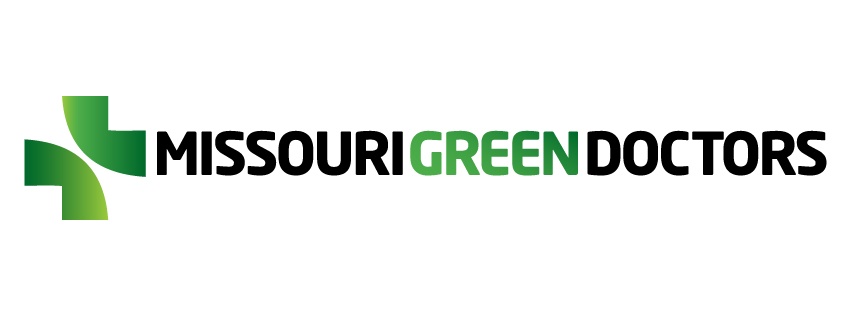Medical cannabis was legalized in Missouri in 2018, and the state’s medical cannabis program launched in 2021. In this article, we’ll explore Missouri’s medical cannabis supply chain, including cultivation, processing, and distribution.

Cultivation
The first step in Missouri’s medical cannabis supply chain is cultivation. Cultivation facilities, also known as “grow facilities,” will be responsible for growing and harvesting medical cannabis plants. These facilities will be heavily regulated by the state, with strict requirements for security, quality control, and testing.
Under Missouri law, cultivation facilities are limited to growing no more than 30,000 square feet of cannabis plants at any given time. Each facility will be required to have a designated grower, who will be responsible for overseeing the cultivation process.
Cultivation facilities will be required to use a seed-to-sale tracking system, which will allow the state to monitor the movement of medical cannabis from cultivation to patients. This system will also allow patients to verify the authenticity of their medical cannabis products.

Processing
Once medical cannabis plants have been harvested, they will need to be processed into usable forms, such as oils, tinctures, and edibles. Processing facilities will be responsible for converting harvested cannabis plants into these forms, as well as testing and packaging the final products.
Like cultivation facilities, processing facilities will be heavily regulated by the state. They will be required to use state-approved methods for processing and testing medical cannabis products, and will be subject to regular inspections by state regulators.
Processing facilities will also be required to use the seed-to-sale tracking system, which will allow the state to monitor the movement of medical cannabis products from processing to patients.

Distribution
The final step in Missouri’s medical cannabis supply chain is distribution. Once medical cannabis products have been processed and packaged, they will need to be distributed to patients. This will be done through licensed dispensaries, which will be the only legal source of medical cannabis for patients in Missouri.
Under Missouri law, each dispensary will be allowed to have up to three separate locations, for a total of 192 dispensaries statewide. Dispensaries will be required to have a designated manager, who will be responsible for overseeing the dispensing of medical cannabis products.
Dispensaries will be required to use the seed-to-sale tracking system, which will allow the state to monitor the movement of medical cannabis products from the processing facility to the dispensary and finally to the patient.
Challenges in the Supply Chain
While Missouri’s medical cannabis supply chain is designed to ensure the safety and quality of medical cannabis products, there are still challenges that must be addressed.
One challenge is the limited number of cultivation and processing facilities. Under Missouri law, only 60 cultivation licenses and 86 processing licenses will be issued statewide. This could lead to a bottleneck in the supply chain, as demand for medical cannabis products may outstrip the supply.
Another challenge is the potential for product shortages. Medical cannabis products must undergo rigorous testing and quality control measures, which can lead to delays in the production and distribution of these products. If demand for medical cannabis products exceeds the supply, patients may experience shortages or delays in receiving their medication.
Finally, there is the challenge of ensuring that medical cannabis products are accessible to all patients, regardless of their location or financial resources. Missouri law allows local governments to ban dispensaries within their jurisdiction, which could limit access to medical cannabis products for some patients. In addition, medical cannabis products are not covered by insurance, which could make them unaffordable for some patients.
Patients
The state’s supply chain is designed to ensure the safety and quality of medical cannabis products. However, there are still challenges that must be addressed to ensure that medical cannabis products are accessible to all patients who need them.
By addressing these challenges, Missouri’s medical cannabis program has the potential to provide relief to patients suffering from a variety of medical conditions. With careful regulation and oversight, Missouri’s medical cannabis supply chain can ensure that patients have access to safe, high-quality medical cannabis products.
